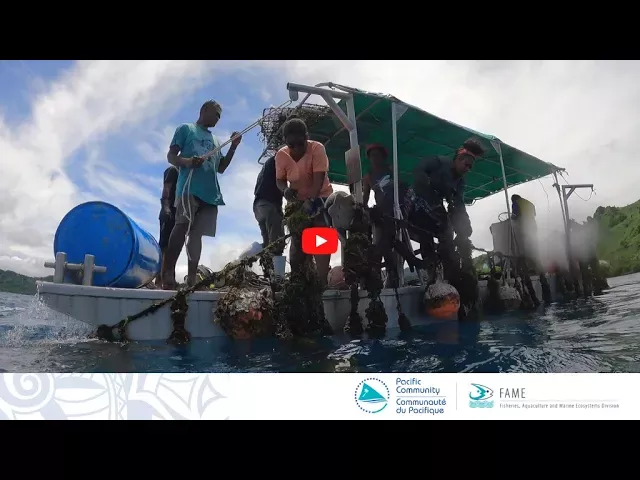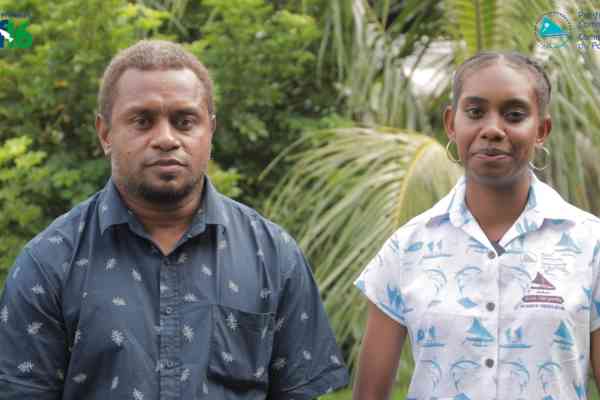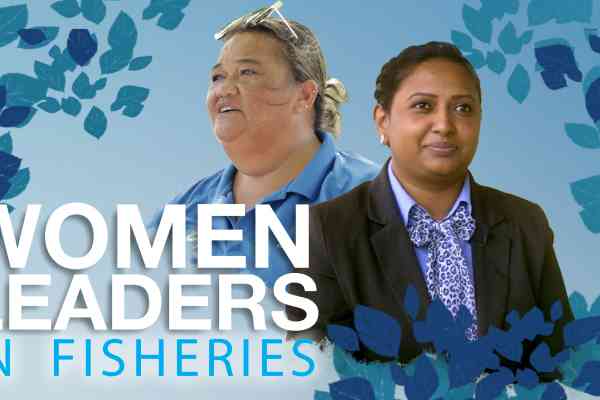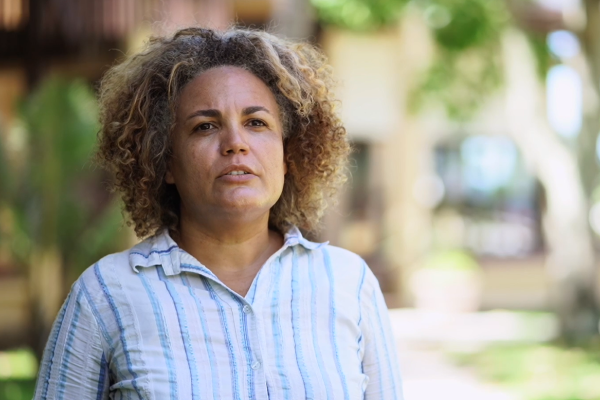The initiative to establish community pearl-meat farms in Fiji began with a Voluntary Commitment made by J.Hunter Pearls of Fiji for World Oceans Day 2017. Round-pearl farming requires multi-million dollar investment and a level of technical expertise that rules out engagement in this industry by coastal communities except as farm labourers. Oysters for round-pearl implantation must first be grown to large size, and this takes years. Pearl-meat oysters are a new seafood product harvestable after only 1 to 1 ½ years. It is much more accessible for meaningful community engagement as participants in the pearl industry. Pearl oysters are filter-feeders that do not pollute, their shells sequester carbon, and the floating farms attract fish, so this is aquaculture that is “nature-positive” and “climate-smart”. There are roles for both men and women. If successful, the farms offer sustainable alternative livelihoods that aid conservation efforts. Pearl-meat oysters are a high-end seafood product exportable to Asian markets, sought-after by Fiji’s tourism and hospitality industries, and the non-export grades can supply a much-needed addition of highly nutritious aquatic food locally.
A four-way partnership was formed to establish this first pearl-meat farm in Fiji. The Va’ulele community provides their sea space, and has formed their own company Va’ulele Yaubula to manage the farm and provide employment to their residents. Wildlife Conservation Society WCS has facilitated the consultations and guided the legal steps necessary for the community to form a legal entity to farm pearl-meat oysters. J.Hunter Pearls supplies oyster spat from their Savusavu hatchery, and will buy back the harvest to market it in Fiji and internationally. SPC FAME has been providing technical capacity building and technology transfer in pearl oyster grow-out.
Subscribe to SPC's YouTube Channel: https://bit.ly/SPC_YouTube



